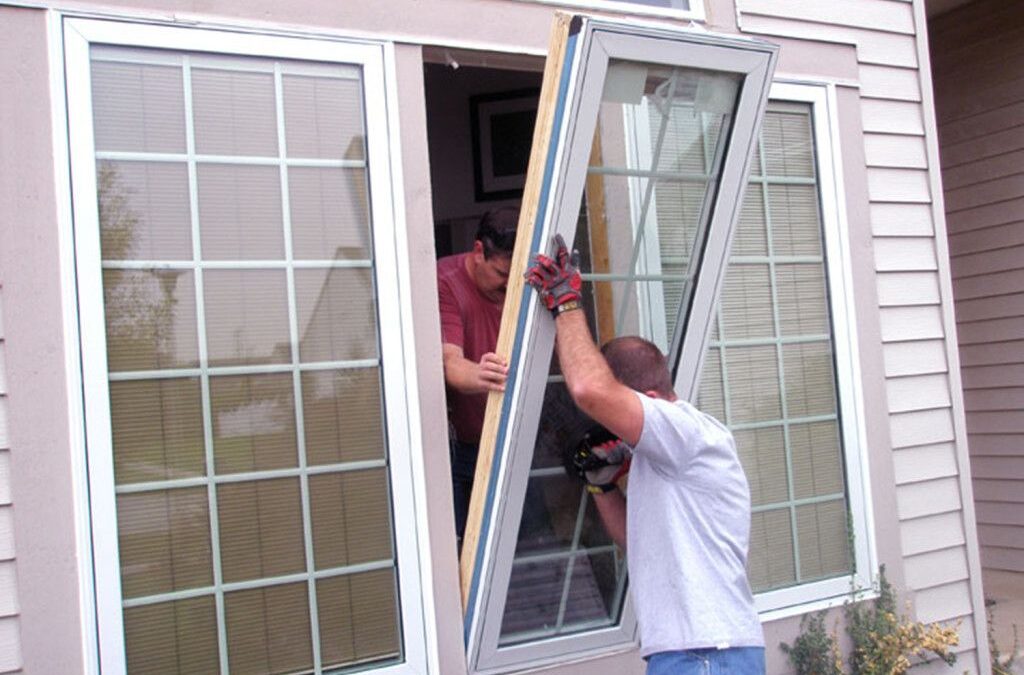Replacing or installing new windows in your home is a significant investment. It not only improves the aesthetic appeal but also enhances energy efficiency and increases the value of your property. However, it’s important to plan and budget for your window installation project to ensure a smooth and cost-effective process. In this blog post, we will explore essential steps to help you budget for your home window installation project and make informed financial decisions.
1. Assess Your Needs
Before setting a budget, assess your needs and determine the scope of your window installation project. Consider the number of windows you plan to replace or install, the type of windows you prefer, and any additional features or upgrades you may want, such as energy-efficient glass or security enhancements. Understanding your specific requirements will help you estimate the overall cost and avoid any unexpected expenses along the way.
2. Research Window Types and Materials
There are various window types and materials available, each with its own price range. Take the time to research and compare different options to determine which ones align with your budget and preferences. Factors to consider include the type of frame material (e.g., vinyl, wood, aluminum), the type of glass (e.g., single-pane, double-pane, low-E), and any additional features you may want. Gathering this information will help you narrow down your choices and estimate the cost of materials accurately.
3. Obtain Multiple Quotes
Obtaining multiple quotes from reputable window installation professionals is crucial for budgeting purposes. Reach out to several contractors in your area and request detailed quotes that outline the cost of materials, labor, and any additional services they provide. Ensure that the quotes are comprehensive and include all relevant information. By comparing quotes, you can get a sense of the average cost in your area and make an informed decision while considering your budget constraints.
4. Factor in Installation Costs
In addition to the cost of the windows themselves, it’s important to factor in the installation costs. Window installation requires expertise and specialized tools, so it’s generally recommended to hire professionals for the job. The installation cost may vary depending on factors such as the number of windows, the complexity of the project, and the contractor’s rates. Discuss installation costs with the contractors you receive quotes from to get a clear understanding of the overall expenses involved.
5. Consider Long-Term Savings
While budgeting for your window installation project, consider the long-term savings that energy-efficient windows can provide. Energy-efficient windows, such as those with low-E coatings or double-pane glass, can significantly reduce your energy bills over time. Although these windows may have a higher upfront cost, the long-term savings on your energy bills can offset the initial investment. Take into account the potential energy savings when determining your budget and evaluating different window options.
Budgeting for your home window installation project is essential to ensure a successful and financially viable endeavor. Assess your needs, research window types and materials, and obtain multiple quotes from reputable contractors to estimate the overall cost accurately. Don’t forget to factor in the installation costs and consider the potential long-term savings of energy-efficient windows. By carefully planning and budgeting, you can embark on your window installation project with confidence, knowing that you have made informed financial decisions. Remember to prioritize quality and seek professional guidance to achieve the best results for your home.

